Four years ago, a small wildlife sanctuary on the New South Wales south coast was almost destroyed by bushfires.
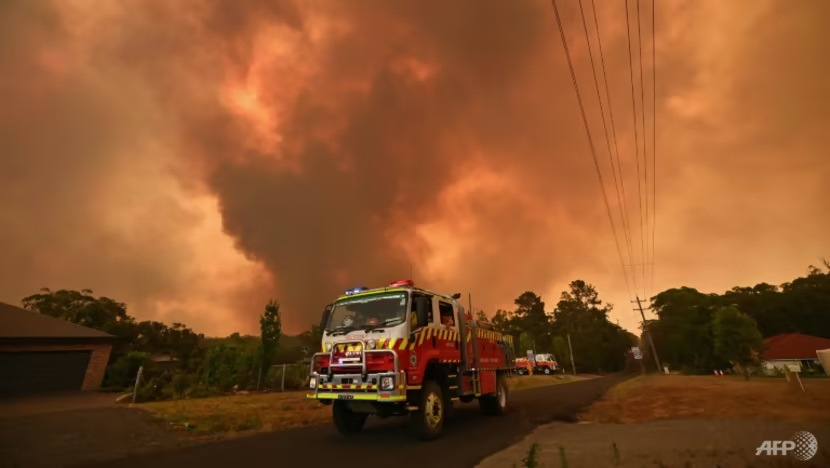
Bushfires intensified as a heatwave devastated parts of Australia in December 2019. Photo: AFP
The Mudgeoo Emu Farm and Animal Refuge, which relies largely on voluntary donations from visitors, is among thousands of tourist attractions across Australia regularly hit by the devastating impacts of climate change.
“We see the fire coming from two sides. On the other side is the ocean, so we’re basically stuck in the middle if the fire doesn’t get controlled,” said Belinda Donovan, who runs the farm with her husband.
Global warming is raising big questions about the future of tourism and how to deal with extreme weather conditions. The issue is particularly acute in Australia, where the natural environment is a major draw for tourists.
A report by the Australian Centre for Integrated Sustainability Analysis found that the ‘Black Summer’ bushfire disaster – which began in 2019 – wiped $1.8 billion off the tourism supply chain. One of the report’s authors, Vivienne Reiner, noted that education-related tourism combined with personal travel was a higher value export than natural gas in Australia.
“If people start to think it’s dangerous to come to Australia, that could really affect us,” she added.
Tourism is a major export earner and employer, with one in eight Australian businesses involved in the industry.
According to the latest forecast from Tourism Research Australia released late last year, the country is expected to welcome 9.3 million international visitors this year, reaching 98% of pre-pandemic levels.
Australia is also expected to surpass pre-pandemic levels next year and set a new record, with about 10.2 million international visitors forecast to arrive.
The Australian Climate Council, which predicts more extreme weather systems are on the way, believes it's not too late to combat the threat.
“We are a remarkable continent with amazing things for people to experience, but protecting that industry, protecting the people and places we love will depend so much on the choices we make now…”, said Climate Council Australia research director Simon Bradshaw.
Mai Anh (according to CNA)
Source


![[Photo] Vietnam shines at Paris International Fair 2025 with cultural and culinary colors](https://vphoto.vietnam.vn/thumb/1200x675/vietnam/resource/IMAGE/2025/5/4/74b16c2a197a42eb97597414009d4eb8)
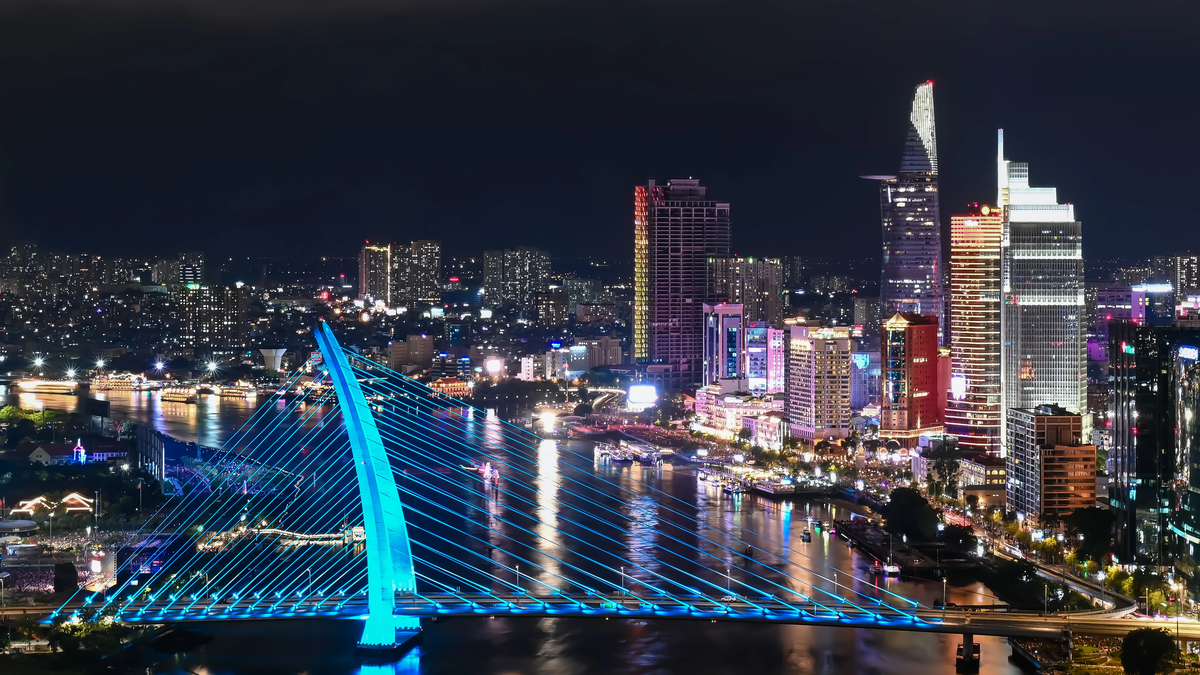
![[Photo] Bus station begins to get crowded welcoming people returning to the capital after 5 days of holiday](https://vphoto.vietnam.vn/thumb/1200x675/vietnam/resource/IMAGE/2025/5/4/c3b37b336a0a450a983a0b09188c2fe6)
![[Photo] General Secretary To Lam receives Sri Lankan President Anura Kumara Dissanayaka](https://vphoto.vietnam.vn/thumb/1200x675/vietnam/resource/IMAGE/2025/5/4/75feee4ea0c14825819a8b7ad25518d8)
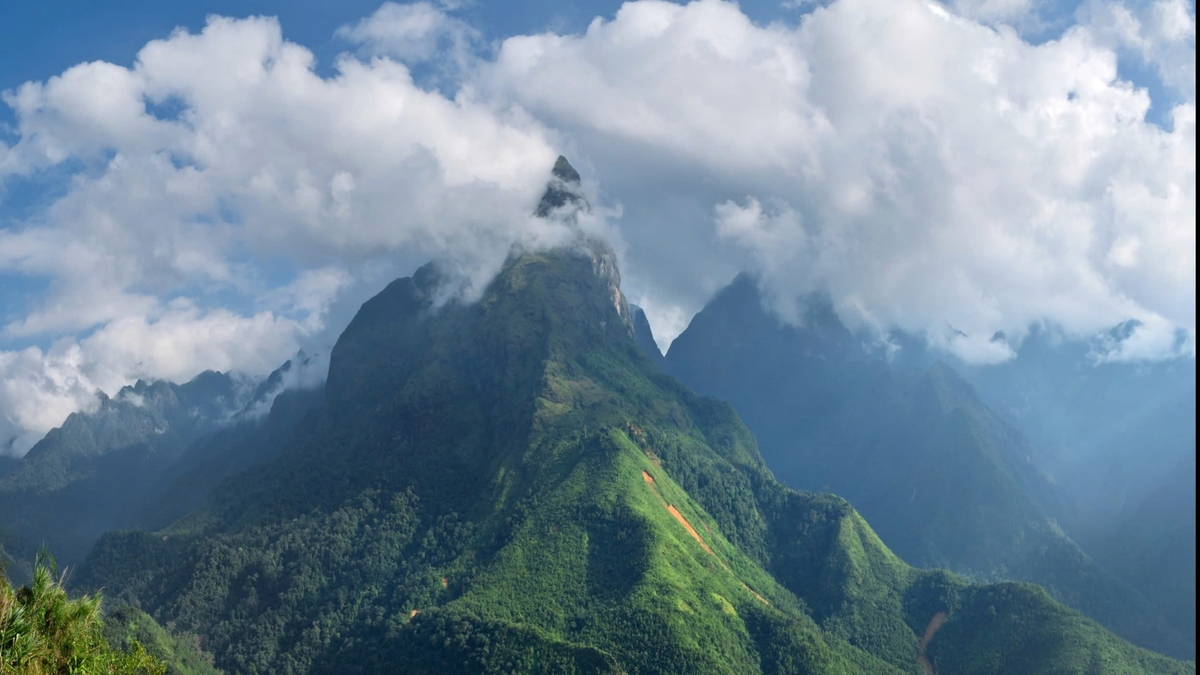





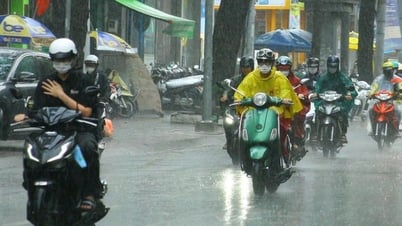


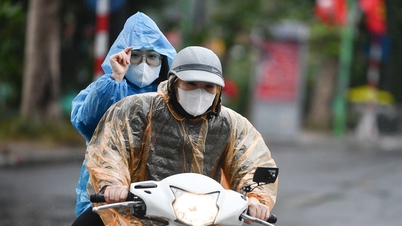


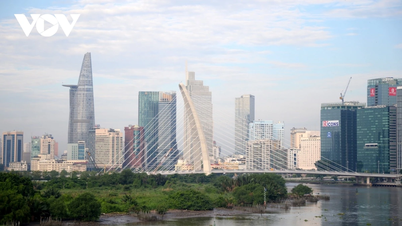



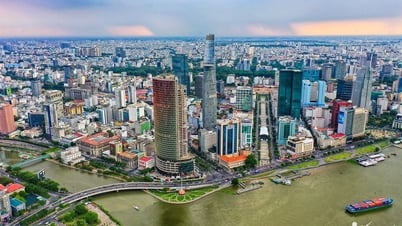












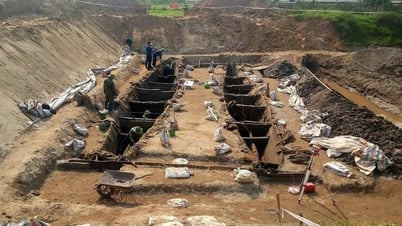

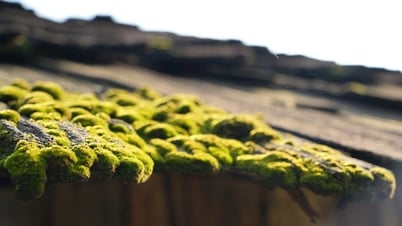





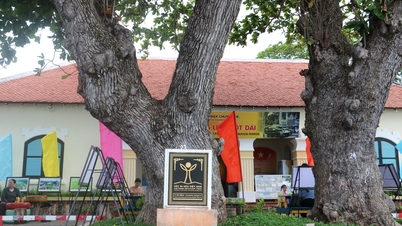

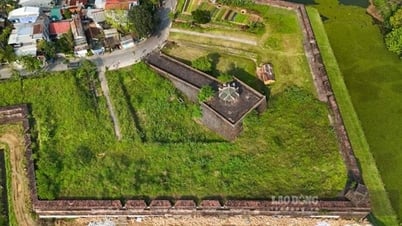

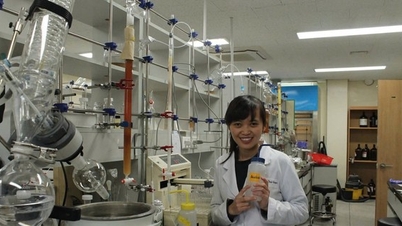


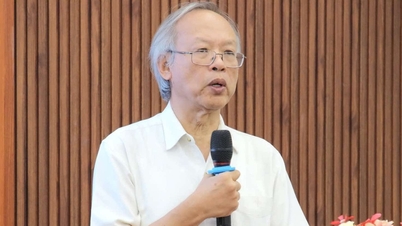
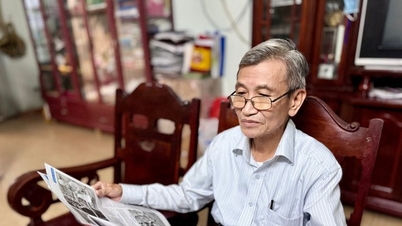



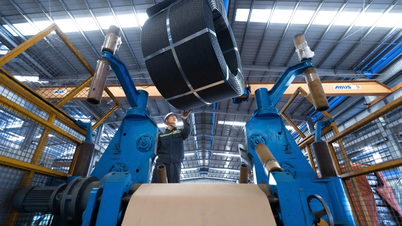






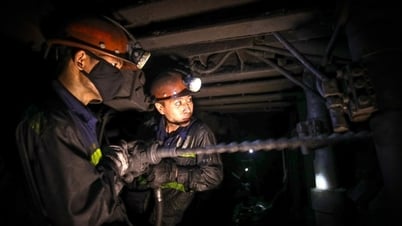































![[Video]. Building OCOP products based on local strengths](https://vphoto.vietnam.vn/thumb/402x226/vietnam/resource/IMAGE/2025/5/3/61677e8b3a364110b271e7b15ed91b3f)




Comment (0)